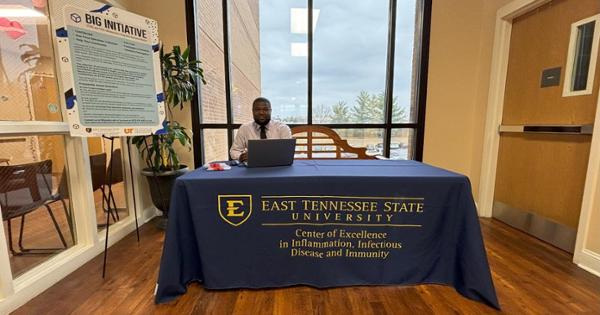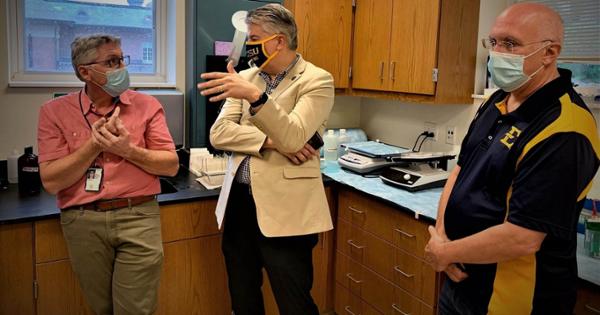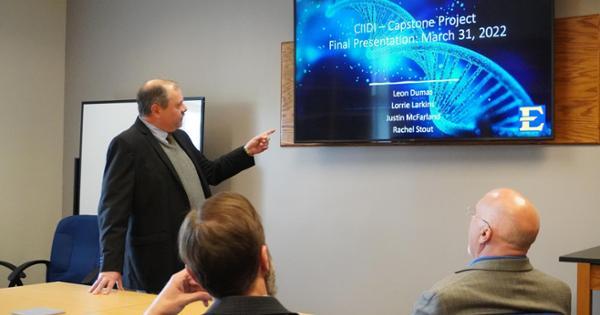The foundation of the Center of Excellence in Inflammation, Infectious Disease and
Immunity is research. 
CIIDI's dedicated teams of highly trained investigators are working diligently to learn about, treat and cure human diseases.
Clinical & Translational Research
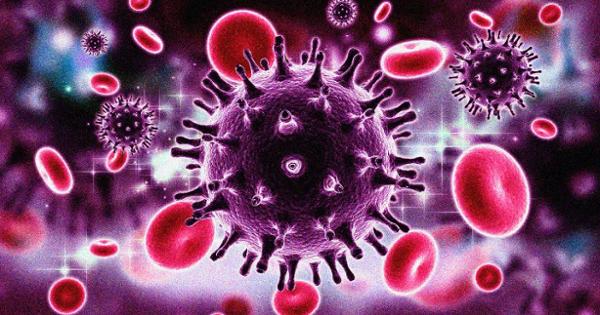
Human Immunodeficiency Virus (HIV)
-
HIV (human immunodeficiency virus) is a virus that attacks the body's immune system. If HIV is not treated, it can lead to AIDS (acquired immunodeficiency syndrome). There is currently no effective cure.
-
-
Immunopathogenesis of HIV/HCV coinfection with a focus on the innate immune response
-
Basic immunologic mechanisms underlying EBV latency and EBV/HIV co-infection leading to tumorigenesis
-
Immune response and latency during HIV infection
-
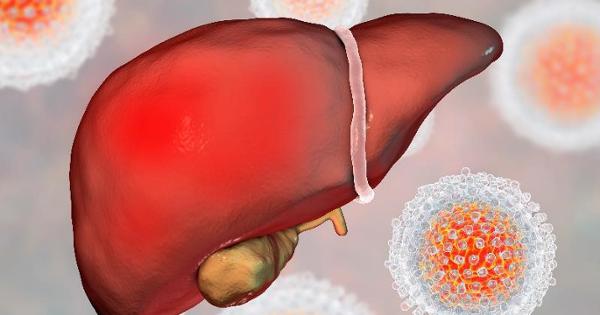
Hepatitis C (HCV)
-
Hepatitis C is a viral infection that causes liver inflammation, sometimes leading to serious liver damage. The hepatitis C virus (HCV) spreads through contaminated blood.
-
-
Monocyte & cellular function
-
DNA repair
-
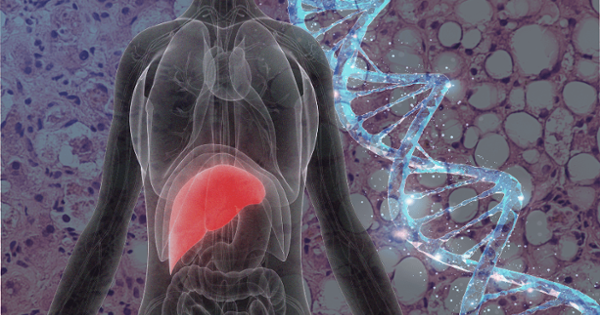
Hepatitis B (HBV)
-
Hepatitis B is a serious liver infection caused by the hepatitis B virus (HBV). For most people, hepatitis B is short term, also called acute, and lasts less than six months. But for others, the infection becomes chronic, meaning it lasts more than six months.
-
Having chronic hepatitis B increases your risk of developing:
-
Liver failure
-
Liver cancer
-
Cirrhosis — a condition that permanently scars the liver.
-
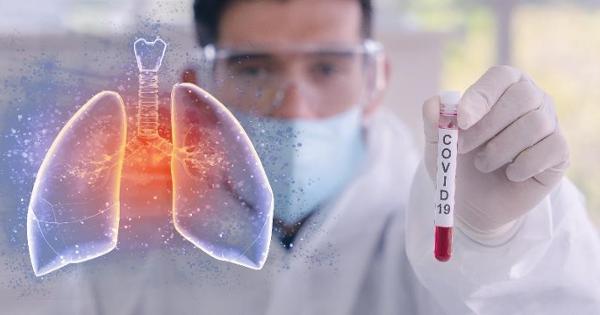
COVID-19
-
The Center of Excellence in Inflammation, Infectious Disease and Immunity (CIIDI) is leading the way in novel approaches to identifying the root causes of ongoing and newly developed symptoms of Long Covid.
-
Dr. Jonathan Moorman has established a repository of patient specimens used for testing human cells for their immune response to COVID-19, and for use in future research studies.

Trained Immunity
-
Trained immunity is a functional state of the innate immune response and is characterized by long-term epigenetic reprogramming of innate immune cells.
-
Training of innate immune cells, such as:
-
Monocytes
-
Macrophages
-
Natural killer cells
-
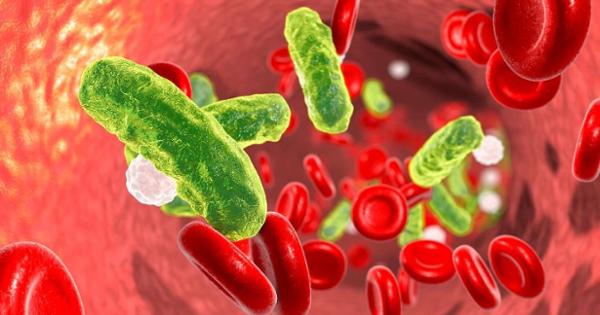
Sepsis
-
Sepsis is a heterogenous disease state that can be divided into degrees of severity, typically sepsis, severe sepsis, and septic shock. Patients suffering from the latter classifications are frequently on a ventilator and/or have altered mentation.
-
We invesitigate:
-
Cellular and molecular mechanisms of sepsis/septic shock
-
Innate immunity and myocardial dysfunction in sepsis
-
Innate immune recognition and the fungal cell wall
-
BIOTECHNOLOGY
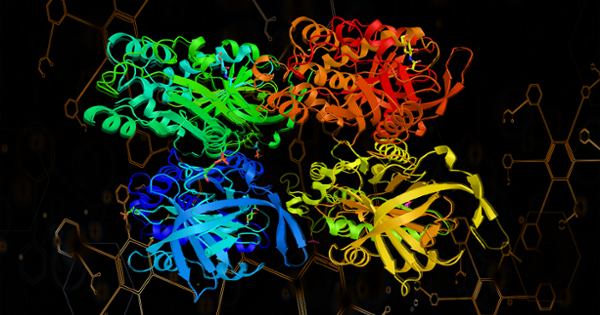
Proteomics
A branch of biotechnology concerned with applying the techniques of molecular biology, biochemistry, and genetics to analyzing the structure, function, and interactions of the proteins produced by the genes of a particular cell, tissue, or organism, with organizing the information in databases, and with applications of the data.

Genomics
Genomics is branch of biotechnology concerned with applying the techniques of genetics and molecular biology to the genetic mapping and DNA sequencing of sets of genes or the complete genomes of selected organisms, with organizing the results in databases, and with applications of the data.
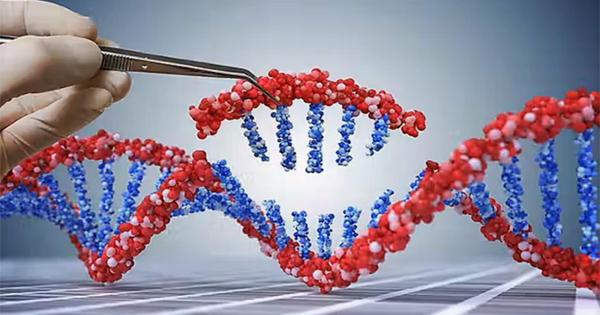
Clustered regularly interspaced palindromic repeats (CRISPR)/Cas9
Dr. Zhi Qiang Yao, MD, PhD is targeting specific HIV and HBV DNA that has no overlap with the human genome using CRISPR/Cas9 gene editing drugs delivered by nanoparticles. Once in-vitro studies are concluded (with sig. p-value), this “discovery project” will assist in the development of a new nanocarrier for effective intracellular delivery and sustained release of CRISPR/Cas9 ribonucleoprotein (RNP).
*If successful, project will provide a novel technology platform that may be used in combatting other emerging viral diseases.
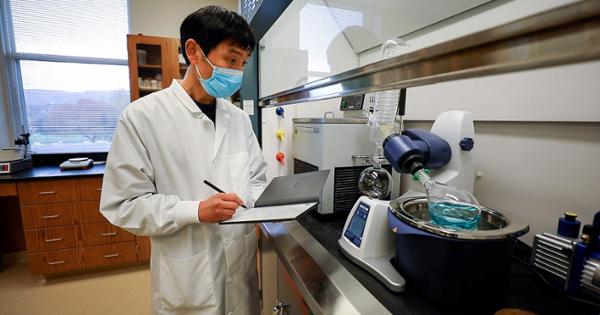
Drug Discovery and Synthesis
-
Vaccine adjuvants augment and help guide immune responses to antigens, the vaccine components that elicit pathogen-specific immune responses.
-
The Drug Discovery and Synthesis Core focuses on developing innovative immune therapies, as well as the discovery of new and novel adjuvants for increasing vaccine effectiveness.
Dr. David L. Williams is leading ETSU researchers in an international study which found that fungal sugars called mannans can boost vaccine effectiveness against respiratory viruses.
UTHSC BIOREPOSITORY AND INTEGRATIVE GENOMICS (BIG) INITIATIVE
- Purpose: The goal of the BIG Initiative is to facilitate research in precision medicine relevant to clinical care across the state by developing resources to link and analyze genetic, health, and demographic data in these various populations. The BIG Initiative seeks to address the most-pressing health care needs in Tennessee, caring for vulnerable populations, eliminating health disparities, and engaging participating communities through innovative programs.
- Process: Patients will be asked to participate in research and consent to one extra tube of blood to be drawn along with ordered lab tests. Participation in this research is always voluntary. If you wish to have your blood samples withdrawn, please contact us at (423) 439-4768.
- Benefits: You will likely not benefit from this study, but the collection of your blood and medical data may contribute to studies leading to the improvement in health outcomes of others in the future.
- Safety: Safeguards are in place on all participant health information. All samples are de-identified; no names, birthdays, or other patient information will ever be included. The federal government through the Genetic Information Nondiscrimination Act protects genetic information.
- Risks: There is an inherent risk of bacterial infection, pain, and loss of consciousness during venipuncture in routine labs; the additional sample does not increase this risk. The greatest risk to you is the release of your private information. There is potential loss of confidentiality, since your de-identified medical record is shared with UTHSC.
VA Shield

VA Science and Health Initiative to Combat Infectious and Emerging Life-Threatening Diseases (VA SHIELD) is a comprehensive, secure biorepository of specimens and associated data. These specimens and data are available to authorized VA investigators—and, under certain circumstances, to their external collaborators—to advance scientific understanding in support of developing diagnostic, therapeutic, and preventative strategies for use in clinical care.
ETSU RESEARCH CORPORATION
 Stout Drive Road Closure
Stout Drive Road Closure 